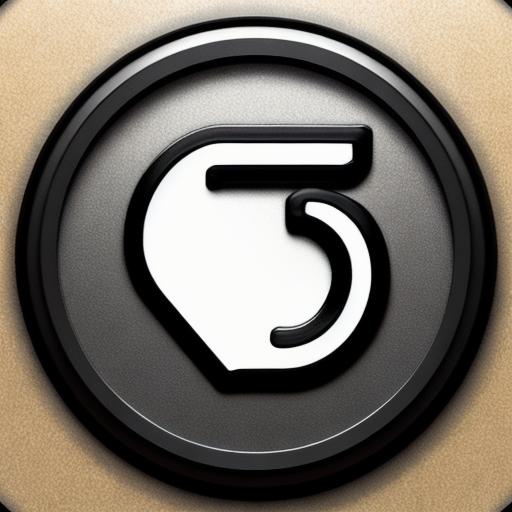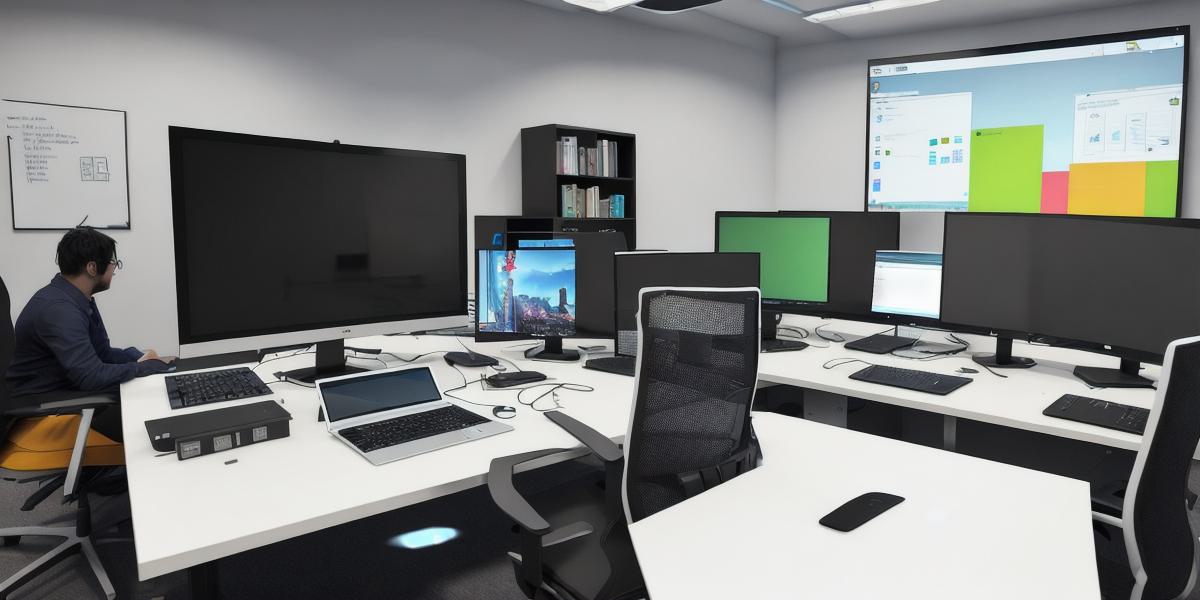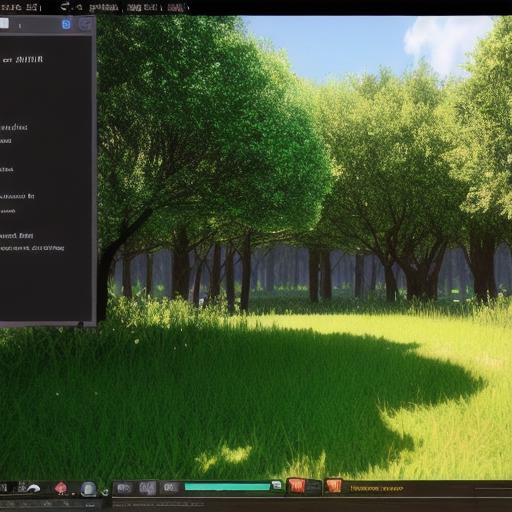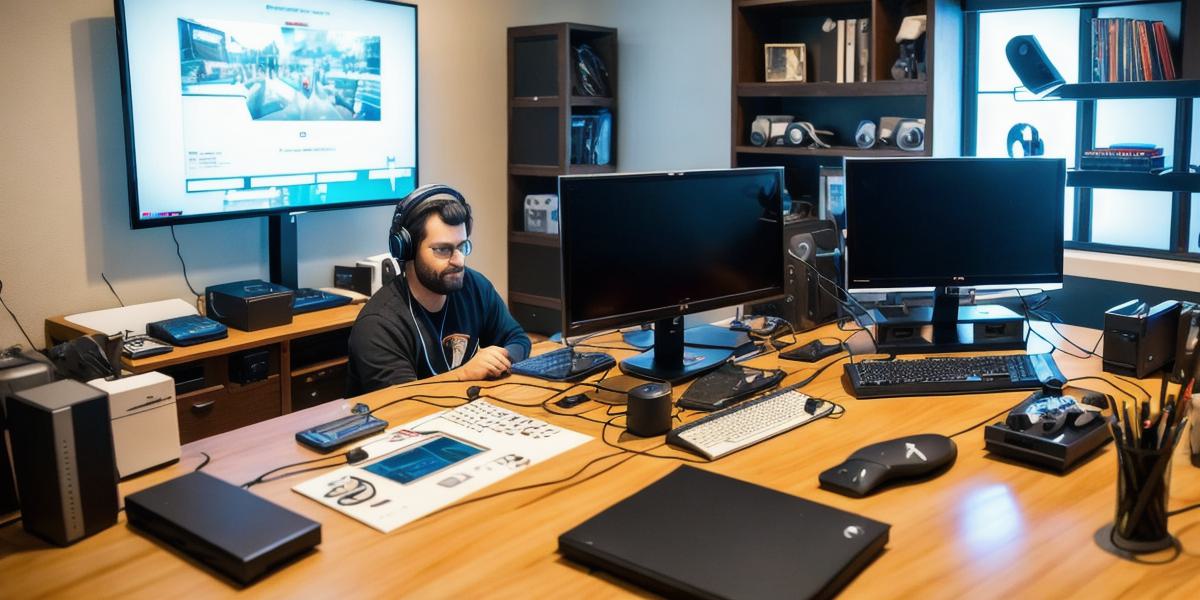Introduction

Game development is a complex process that requires careful planning, organization, and execution. With so many variables to manage, game developers must use the right tools to keep their projects on track and deliver high-quality games on time. In this article, we will explore some of the best game development management tools for project organization and efficiency.
- Trello: Trello is a popular project management tool that can be used in game development to organize tasks, track progress, and manage timelines. Trello uses a simple, visual interface that makes it easy to see what needs to be done and who is responsible for each task. With Trello, you can create boards for different stages of the development process, such as concept design, prototyping, and testing. Trello also integrates with other game development tools, such as Asana and Slack, making it easy to collaborate with your team.
- Jira: Jira is a powerful project management tool that is specifically designed for software development projects. Jira can be used in game development to track bugs, manage tasks, and monitor progress. With Jira, you can create custom workflows that match the unique needs of your game development project. Jira also integrates with other game development tools, such as GitHub and Confluence, making it easy to collaborate with your team and keep everyone informed.
- Asana: Asana is a popular project management tool that can be used in game development to manage tasks, track progress, and collaborate with your team. With Asana, you can create custom workflows that match the unique needs of your game development project. Asana also integrates with other game development tools, such as Slack and Trello, making it easy to collaborate with your team and keep everyone informed.
- GitHub: GitHub is a version control system that is commonly used in game development to manage code repositories and collaborate with your team. With GitHub, you can create custom workflows that match the unique needs of your game development project. GitHub also integrates with other game development tools, such as Jira and Trello, making it easy to collaborate with your team and keep everyone informed.
- Confluence: Confluence is a collaboration tool that can be used in game development to manage documentation, share files, and collaborate with your team. With Confluence, you can create custom workflows that match the unique needs of your game development project. Confluence also integrates with other game development tools, such as Jira and Asana, making it easy to collaborate with your team and keep everyone informed.
- Slack: Slack is a communication tool that can be used in game development to communicate with your team, share files, and manage tasks. With Slack, you can create custom workflows that match the unique needs of your game development project. Slack also integrates with other game development tools, such as Trello and Jira, making it easy to collaborate with your team and keep everyone informed.
- ProofHub: ProofHub is a project management tool that can be used in game development to manage tasks, track progress, and collaborate with your team. With ProofHub, you can create custom workflows that match the unique needs of your game development project. ProofHub also integrates with other game development tools, such as Asana and Trello, making it easy to collaborate with your team and keep everyone informed.
- Figma: Figma is a collaboration tool that can be used in game development to create and share designs, prototype games, and collaborate with your team. With Figma, you can create custom workflows that match the unique needs of your game development project. Figma also integrates with other game development tools, such as Asana and Trello, making it easy to collaborate with your team and keep everyone informed.
- Sketch: Sketch is a design tool that can be used in game development to create and share designs, prototype games, and collaborate with your team. With Sketch, you can create custom workflows that match the unique needs of your game development project. Sketch also integrates with other game development tools, such as Trello and Asana, making it easy to collaborate with your team and keep everyone informed.
- Adobe XD: Adobe XD is a design tool that can be used in game development to create and share designs, prototype games, and collaborate with your team. With Adobe XD, you can create custom workflows that match the unique needs of your game development project. Adobe XD also integrates with other game development tools, such as Trello and Asana, making it easy to collaborate with your team and keep everyone informed.
Case Studies
One of the best ways to understand how game development management tools can be used in practice is to look at real-world examples. Here are a few case studies that illustrate how these tools can be used to improve project organization and efficiency:

- Trello: At Ubisoft, Trello was used to manage the development of the popular game Assassin’s Creed Valhalla. Trello helped the team keep track of tasks, manage timelines, and collaborate with each other in real-time. With Trello, the team was able to deliver the game on time and to budget.
- Jira: At Epic Games, Jira was used to manage the development of Fortnite. Jira helped the team track bugs, manage tasks, and monitor progress. With Jira, the team was able to deliver updates to the game quickly and efficiently.
- Asana: At Niantic, Asana was used to manage the development of Pokemon Go. Asana helped the team keep track of tasks, collaborate with each other, and share files. With Asana, the team was able to deliver the game on time and to budget.
- GitHub: At Ubisoft, GitHub was used to manage the development of Rainbow Six Siege. GitHub helped the team manage code repositories and collaborate with each other in real-time. With GitHub, the team was able to deliver updates to the game quickly and efficiently.
- Confluence: At Epic Games, Confluence was used to manage the development of Fortnite. Confluence helped the team share files, create custom workflows, and collaborate with each other in real-time. With Confluence, the team was able to deliver updates to the game quickly and efficiently.
- Slack: At Niantic, Slack was used to manage the development of Pokemon Go. Slack helped the team communicate with each other, share files, and manage tasks. With Slack, the team was able to collaborate effectively and deliver the game on time and to budget.
- ProofHub: At Ubisoft, ProofHub was used to manage the development of Assassin’s Creed Valhalla. ProofHub helped the team keep track of tasks, share files, and collaborate with each other in real-time. With ProofHub, the team was able to deliver the game on time and to budget.
- Figma: At Epic Games, Figma was used to create and share designs for Fortnite. Figma helped the team collaborate with each other in real-time and manage design assets. With Figma, the team was able to deliver updates to the game quickly and efficiently.
- Sketch: At Niantic, Sketch was used to create and share designs for Pokemon Go. Sketch helped the team collaborate with each other in real-time and manage design assets. With Sketch, the team was able to deliver updates to the game quickly and efficiently.
- Adobe XD: At Ubisoft, Adobe XD was used to create and share designs for Assassin’s Creed Valhalla. Adobe XD helped the team collaborate with each other in real-time and manage design assets. With Adobe XD, the team was able to deliver updates to the game quickly and efficiently.
Summary
Game development is a complex process that requires careful planning, organization, and collaboration. By using project management tools like Trello, Jira, Asana, GitHub, Confluence, Slack, ProofHub, Figma, Sketch, and Adobe XD, teams can streamline their workflows and improve their efficiency. These tools help teams keep track of tasks, share files, collaborate with each other in real-time, and manage design assets. By using these tools effectively, teams can deliver high-quality games on time and to budget.



